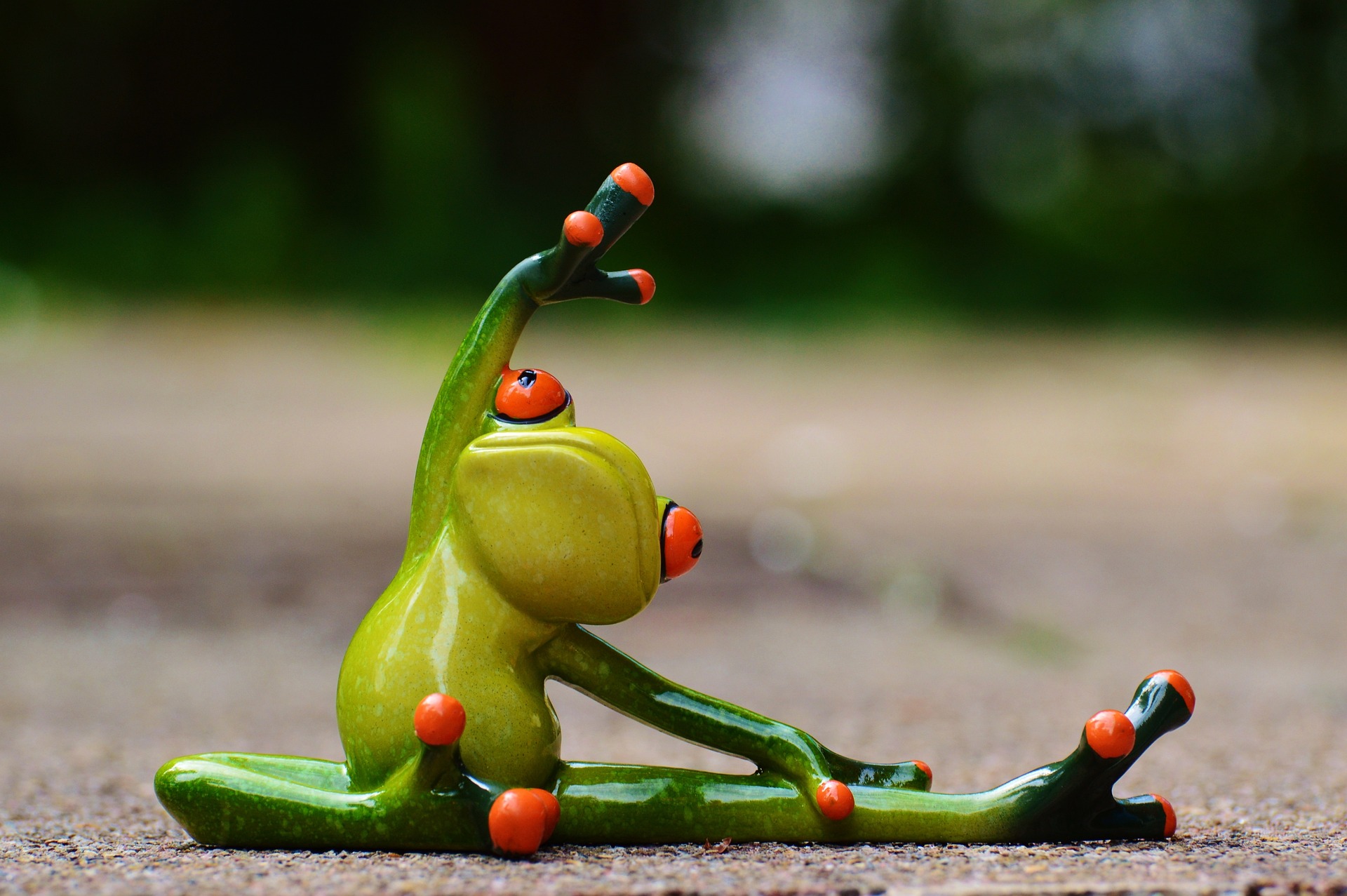If you’re like most teens, you probably feel a bit overwhelmed at times. Between school assignments, sports, friendships, and everything else life throws your way, it’s easy to get stressed out or anxious. But what if I told you that one of the best ways to handle all that pressure is through fitness? That’s right! Physical activity can be a powerful tool for managing stress and anxiety. Let’s dive into how exercise can help you cope with those academic and social pressures you face every day.
Understanding Stress and Anxiety
First, it’s essential to understand what stress and anxiety are. Stress is your body’s natural response to challenges or demands. It can come from many sources, like upcoming exams, family issues, or social situations. Anxiety, on the other hand, is a feeling of worry or fear about what might happen in the future. While a little bit of stress can motivate you to study harder or practice more, too much stress and anxiety can be overwhelming and affect your daily life.
The Science Behind Exercise and Stress Relief
So, how exactly does exercise help? When you engage in physical activity, your body releases chemicals called endorphins. These are often referred to as the “feel-good” hormones because they create a sense of happiness and reduce pain. Essentially, exercise is like a natural mood booster!
But that’s not all. Exercise also reduces the levels of stress hormones, such as cortisol, in your body. High levels of cortisol can make you feel anxious and on edge, but regular physical activity helps keep these levels in check. When you’re feeling stressed or anxious, even a short workout can help calm your mind and lift your spirits.
Finding Your Workout
You might be thinking, “Okay, exercise sounds great, but what type of workout should I do?” The best part is that there are countless ways to get moving! Here are a few options you might consider:
- Team Sports: Playing sports like soccer, basketball, or volleyball not only gets you active but also helps you bond with teammates. This sense of community can alleviate feelings of isolation and provide a support system.
- Running or Walking: Going for a run or a brisk walk is a fantastic way to clear your head. You can enjoy nature, listen to your favorite music, or even just focus on your breathing as you move.
- Yoga or Pilates: These practices emphasize breathing and mindfulness, making them excellent for reducing anxiety. They can help you find inner calm while improving flexibility and strength.
- Dance: Whether it’s taking a class, joining a dance team, or just dancing around your room, moving to music can be an incredibly joyful way to relieve stress.
- Strength Training: Lifting weights or doing body-weight exercises can boost your confidence and make you feel strong. Plus, it’s a great way to take out any frustration!
Building a Routine
Incorporating fitness into your daily routine doesn’t have to be overwhelming. Start small! Aim for just 20 to 30 minutes of physical activity most days of the week. You can break it up into smaller chunks, too—10 minutes before school and another 10 after homework can work wonders.
Find activities you enjoy, and don’t be afraid to switch things up. The more you look forward to your workouts, the more likely you are to stick with them. Remember, consistency is key!
Managing Academic and Social Pressures
With exams, projects, and social situations, the pressures can pile up. Exercise can help you manage these stressors in a few ways:
- Improved Focus: Regular physical activity can enhance your concentration and memory. This means when you hit the books after a workout, you’re likely to absorb information better and study more effectively.
- Better Sleep: Exercise helps regulate your sleep patterns, making it easier to fall asleep and stay asleep. When you’re well-rested, you’re better equipped to handle stress and anxiety during the day.
- Social Connections: Participating in group workouts or team sports allows you to connect with others, reducing feelings of isolation and anxiety. Surrounding yourself with supportive friends can make facing social pressures a lot easier.
Conclusion
Fitness is a powerful ally when it comes to managing stress and anxiety in your life. By incorporating regular exercise into your routine, you can boost your mood, improve your focus, and create a sense of accomplishment that helps you tackle whatever challenges come your way.
So, the next time you feel overwhelmed by school or social pressures, remember to get moving! Whether it’s a quick jog, a dance session, or a team practice, finding ways to stay active can help you find your balance and feel more at ease. You’ve got the tools to take control of your stress, so why not start today? Your mind and body will thank you!

